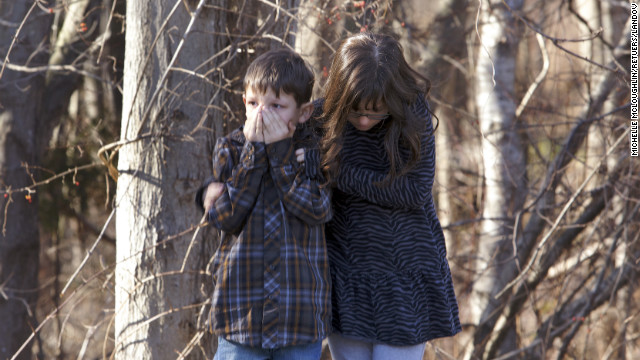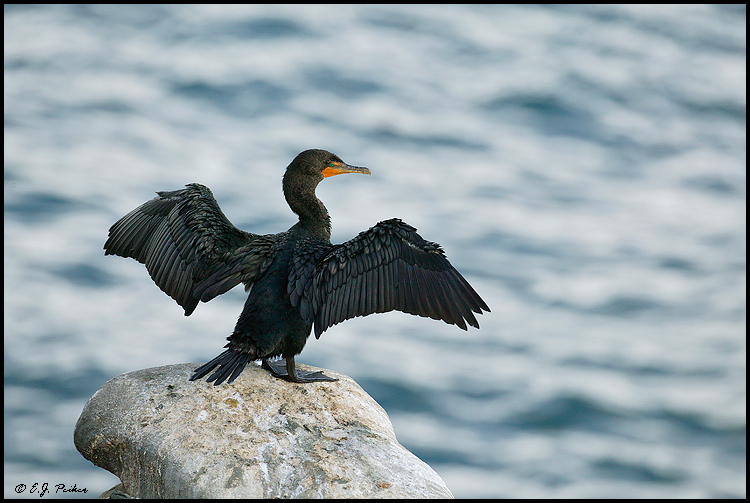One night last week, after our daughter had fallen asleep, my
wife Meg and I went out into our hot tub.
The previous owners threw it in at the last minute when we bought the
house a couple of years ago, and the hot tub has become a frequent part of our
relaxation ritual at the end of the day.
It was a cold, starry night and I was submerged up to my neck, gazing up
at the sky, when I saw something streaking across it in our direction. For half a moment I thought it was a shooting
star, but then I saw it was a bird, and no sooner had I taken that thought than
it came swooping down upon us. It
stalled in the air above us, not five feet from our faces, for a couple of
beats of its wings, and then shot noiselessly over us into the night. An owl, I’m pretty sure, out hunting.
In the moments that followed I found myself wondering what a
Native American or one of my ancestors in ancient Britain, or indeed a
member of any traditional society might have made of this nocturnal
visitation. Not just as a random phenomenon
of animal behavior but as a message from the world of spirit. This
is a way of wondering about the world that is lost to us, that sounds kind of
silly and new-agey to our skeptical and materialistic ears. But maybe the approach of Christmas gives us
permission to open our hearts and minds a little to perceive the miraculous in
the ordinary. And what could be more
ordinary, and the same time more miraculous, than pregnancy, and the
anticipated birth of a child?
The Hebrew scriptures are full of stories of women who
conceive unexpectedly and against the odds. These pregnancies are not random biological
phenomena, but messages from the world of spirit, signs that God still lives, that
God still acts to save his people. The
movement of a fetus in its mother’s womb is an ordinary miracle, a moment of
joy and wonder at the presence of the unknown that is a universal human
experience. But in the Gospel of Luke,
when Elizabeth feels the fetus leap in her womb at the sound of Mary’s voice,
she is filled by the Holy Spirit, the Spirit that brings good news of God and
God’s workings in the world.
Elizabeth understands that she has received a message from
her unborn child, who knows what no one could know except by the Spirit—that
her young cousin Mary, also improbably pregnant, bears the promised Lord of his
people. And in the Spirit Elizabeth blesses
Mary, knowing by a leap of faith what she otherwise could not have known. For Mary’s greeting is the echo of another
voice, the greeting of the angel Gabriel who brought the Spirit’s news to her, saying “Hail, O favored one, the
Lord is with you.” Mary is blessed not
just because she has conceived a child, but because of her faith, because she
has believed that what was spoken to her by the messenger of God would be
fulfilled.
And then it Mary’s turn to speak, or rather, to prophesy. For Mary now sings talks about who God is and
what God is doing. She speaks of these
things in the past tense, because for the person who believes, what God wills
is already done. Mary’s song is about
the love, and the faithfulness, and the generosity of God who is only doing
what was promised. And the promise is
not only for her alone. Her song is a
message from the Spirit What Mary knows, in the power of the Holy Spirit, is
that that through her, through the child she will bear, God is fulfilling his
promise to Israel, and through Israel to all humankind. Her child is the one whom God has always
promised to be. Her child will do what
God has always promised to do, and that what God does is to set us free.
The Magnificat of
Mary evokes other inspired songs of victory by other women—women of the Hebrew
scriptures, women like Hannah, the mother of the prophet Samuel, and the
warrior Deborah from the book of Judges, and Miriam, the sister of Moses, who
sings and dances with the women of Israel on the other side of the Red
Sea. Their songs are songs of
survival. Not just the biological
survival of the family, the tribe, or the race, but the survival of God’s
mission in the world.
Israel is a people with a particular responsibility to live
the justice of God, to make it manifest in the world so all the nations can
see. She is a poor people, a marginal
people, scratching out a living on some marginal land in the borderlands
between the great empires of Egypt and Mesopotamia. Israel is a people that knows what it is to
be poor, to be enslaved, to be invaded and occupied and dispersed among the
nations. But she is a people that wills
to survive, that must survive, for the sake of her special responsibility for God’s
mission in the world.
Mary and Elizabeth enter into a conspiracy on behalf of God’s
justice—“Con-spiracy”—from “spire” meaning “breath” and “con” meaning
“together”—and the breath they breathe together is the Spirit of God. Theirs is the story of two ordinary women,
actually two marginal women, one older and thought to be infertile, the other,
young and scandalously unwed. But these
two women experience a visitation that makes their meeting a conspiracy of the
Holy Spirit. They will pass this
conspiracy on to their sons— John, called the Baptist, and Jesus, called the
Christ, and so they will ensure the survival of God’s mission of liberating
justice in the world. In fact, they will
bring it to fulfillment, in the sense that what God wills is already done. And that conspiracy of John and Jesus has
indeed survived, extraordinarily and improbably survived. It has spread like a great wind over the
whole world. It has even come to
Petaluma, California. It has survived
even the end of a long cycle of the Mayan Calendar, and now stands on the
threshold of the year 2013 since it began.
It is this contagious conspiracy of freedom and justice that
we hope to catch anew this Christmas. On
the fourth Sunday of Advent, in the wake of the slaughter of the innocents at
Newtown, we are asked to remember that, among many other things, the gospel
conspiracy means this—that every child is, so to speak, an owl in the night. Every child is a visitor from the spiritual
world, bearing the seed of a holy purpose and a divine identity. That this is especially true for the sons of
Mary and Elizabeth should not blind us to the truth that each one of us is a
child of God.
Every one of our children comes into the world bearing gifts,
gifts that are for all of us, and for those who come after us, who will carry
on the work of God when we are no longer in the world. This is the true of measure of justice, and
the very heart of our responsibility as adult human beings, to ensure that
every child gets to give those gifts, and to have them received. This is as true for the children who are fair
to middling, as the world accounts talent and promise, as for the exceptionally
gifted. It is as true for the disabled,
and those born in poverty, and those whose lives will be spent in obscurity, as
for those marked with a great destiny.
For it is not our place to judge the worth of any human being, but only
to open our hearts and wonder, “What is the message?—what gift does this child
of God bring?”




